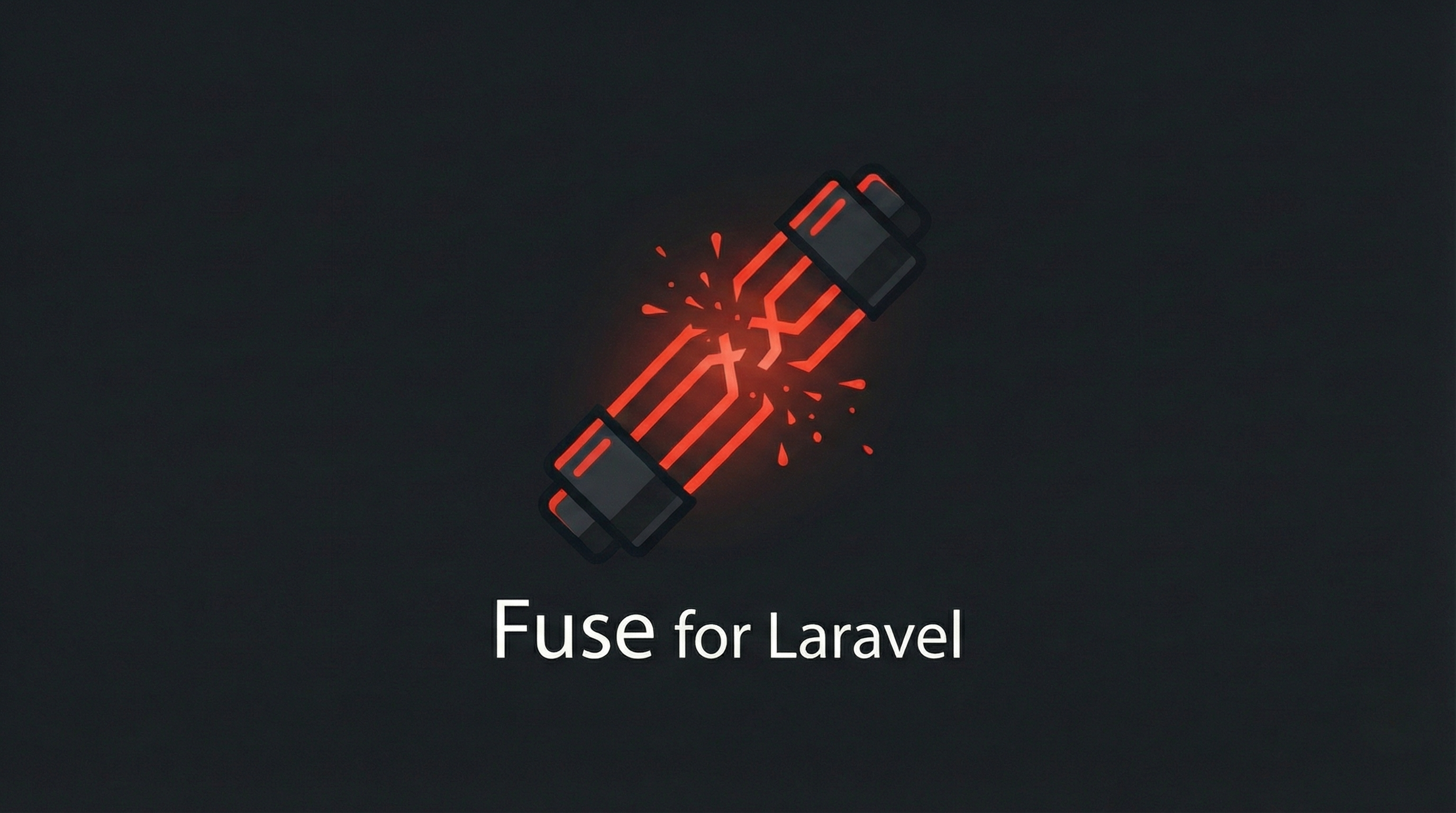Hard skills change constantly. Every year, developers must level up their skills to keep pace with the ever-changing landscape that is hardware and software. Technology moves so fast many of us have to upgrade our wearables and handheld devices every 18 months—and sometimes sooner. Having a good base of knowledge—or, at least, knowing how to learn new concepts quickly—will always be the number one job requirement of any position you as a developer will hold.
There’s another skill, though, that will always serve you well, and that skill is empathy. As mentioned above, hard skills are always evolving. Soft skills will always remain the same, and they’ll always be important. Empathy, then, is going to be the cornerstone of culture because it requires of you a few things. You and your team members must be open to people different from you; you must resist the urge to rush processes; and, you must devote more energy to hearing your coworkers when they are speaking.
True empathy is inclusive. It’s so inclusive, in fact, it is impossible for any divisiveness to grow. Empathy is inclusive because it promotes conversation over silence, and it encourages understanding over willful ignorance. Inclusion is important on tech teams because it allows for different viewpoints, something that can, unfortunately, be relatively rare in an industry with little diversity.
When you make empathy the cornerstone of your culture, you will attract people from varying walks of life. The more diverse your team is, the more unique ideas you’ll come up with collectively. Being an inclusive company also means you’ll make decisions that will embrace the needs of different types of people. As a result, you’ll appeal to a wider array customers. Being inclusive internally means being empathetic both in the office and out of it.
True empathy is patient. How many times have you been annoyed when someone needed a further explanation on a concept you’ve already explained? Maybe you hate talking to the marketing staff because they always ask so many questions. Whatever the situation is, it’s very difficult to slow down. Waiting is actually against what we’ve become accustomed to. We barely have the patience to wait for a text message, and we have zero for a bad Wi-Fi connection.
When it comes to dealing with humans, however, patience is key. Allow your coworkers to do tasks at their own pace without insult or pressure. When you give them the space they need to work through their process, they will, in turn, be more patient with you. This may seem to be at odds with productivity, but in actuality patience fosters productivity. No one will be made to feel slow or incompetent. Therefore, everyone will work smarter.
True empathy puts the emphasis on listening. This is the biggest point here. Empathetic people aren’t just people that go out of their way to like everyone. They might not be the first person to rush to give you a hug or tell you their life story. They will though go out of their way to listen to what you have to say. Listening is imperative to empathy because it tells us—the listener/empathizer—how to approach any and every situation.
Herein lies the value of empathy at work. Empathy in your company culture means your employees will be more invested in listening to their coworkers. They’ll be patient in every situation, and diversity will no longer be just an initiative but a way of life. All of this will result in a more collaborative culture, and collaboration always drives the bottom line.
Sharon is an empathy consulting, public speaker and writer. She has over a decade of experience creating and managing content for businesses. A lifelong stutterer, she utilizes her experiences with her speech along with her background in marketing to help companies communicate more effectively both internally and with their target audience. She writes and speaks about improving communication through empathy. She lives in Pittsburgh.











